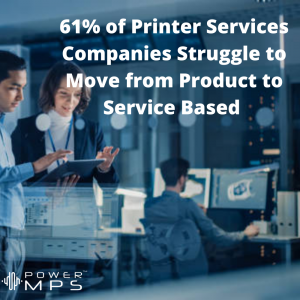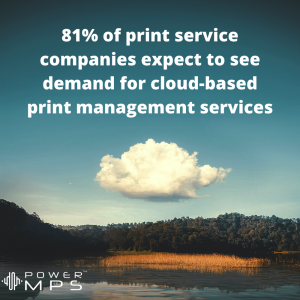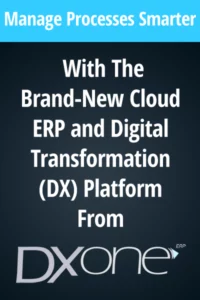For decades, office printer services have had one primary focus, selling products. Toner, ink, and paper were the main commodities. But the introduction of the world-wide-web has forever changed that business model.
The World Goes Digital
Today, printer services deal with a decreasing demand for print as more companies work toward a lofty (and arguably unattainable) “paperless workplace” goal. Organizations are eschewing faxes and scanning for software like DocuSign, Evernote, and Google Drive. These businesses encourage saving essential emails to PDF rather than printing them out and storing them in physical files.
But, it’s more than just a move toward paperless offices. It is human behavior. We are being trained more and more to “buy online.” The impetus being that we can get it more conveniently. And, perhaps more importantly, we can compare multiple prices. The goal, of course, is to source things cheaper. These businesses want to save money. That drive to reduce costs means printing services providers must contend with big-name online stores like Amazon, Newegg, and eBay for everything from paper to ink and even cartridge recycling.
Changing The Narrative
It might be time to rethink your business model. Printer services are so much more than an ink and toner dealer. They offer a wide range of additional benefits, including high-volume, networkable printers, maintenance, service, and, yes, the consumables required to keep things running.

So, what is stopping Managed Print Services (MPS) from emphasizing the “service” over the consumable? Over half (61%) of printer services companies say they are having difficulty making this move, possibly because it feels almost like a bate and switch.
In a product sales model, your view and the client’s view of the sale are the same. They are purchasing a product (ink, toner, paper, printers, and maintenance contract) for which you will charge them.
When you sell MPS as a service, the conversation with the client and internally is from two completely different angles. What you are selling and charging for is the convenience of printer placement, operation, maintenance, and provision of consumables.
Essentially, the move to “service” versus “product” is all about mindset. It’s no longer about what you can physically sell the customer. Instead, it’s how the things you traditionally sold can be put together to resolve problems your customers are facing.
Taking The First Steps
The first move to make when you begin to transition from product sales to a service organization is to outline your approach. Some key questions that can help you get started include:
- What are your clients’ goals when it comes to printing? Are they seeking to limit their print volumes, expand to multiple offices, cut costs, or lower their office footprint?
- Would your customer spend to handle print services on their own?
- Are there any “hidden costs” associated with print management, such as cybersecurity, etc.?
- What are issues your MPS regularly encounters that customers might not know how to handle?
- What other problems can your specific products and services help address? Energy use? Recycling? Division of labor? Use of physical space? Paper usage?
The goal is to figure out exactly what problems your current clients and target audience have that your business can solve. Things like cutting back-office costs, better cybersecurity, and preparing for hybrid and remote-work organizations are areas in which MPS providers can provide unique solutions and help businesses thrive. Managed print services also have better knowledge and access to printing solutions that help reduce office footprint, focus on internal networking, and more longevity.
Bundling Service Packages
Once you have a strategy in mind, it’s time to build out “service packages” and “service add-ons.” These bundles should cover the costs they would incur to your business. However, website wording and promotional materials should focus on highlighting the benefits and estimated savings of partnering with an MPS.
Businesses using systems like PowerMPS, for instance, could talk about printer performance reporting, predictive or subscription consumables reordering, and online service and maintenance requests. All of these options services help partners target specific pains within their business, such as:
- Reducing wasteful printing.
- Decreasing spend on ink, toner, and paper.
- Reducing inventory space needed for printing consumables.
- Improving service and maintenance response times.

Other standard perks could include friendly online or phone-call trouble-shooting, ink and toner recycling, or additional data-driven cost savings recommendations. But, don’t forget how the world is becoming ever more enamored of self-service portals, mobile applications, and 24/7 access. In addition, the majority (81% ) of print service companies expect to see demand for cloud-based print management grow in the next few years. Therefore, investing in a customized website and customer portal for faster and always available access to ordering, service, and bonus features is highly recommended.
As the world becomes more and more digital, MPS businesses cannot begin their journey from product to service too soon. So, whether your organization is struggling with the transition or just getting started, remember to start where your sales team has always begun – talking to current and potential customers. Their needs, problems, and stories are the perfect foundation for building your future in printing services.







